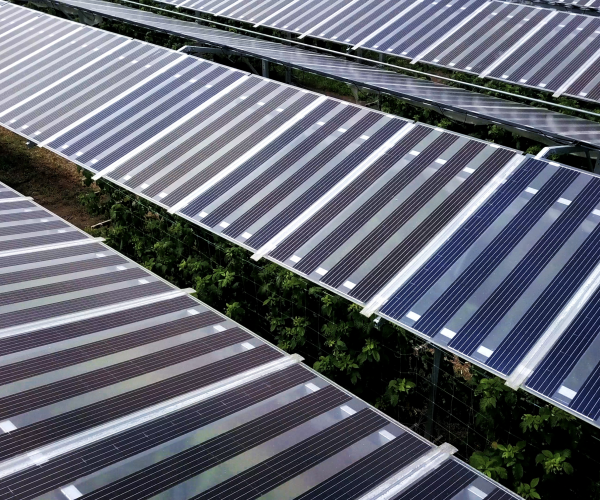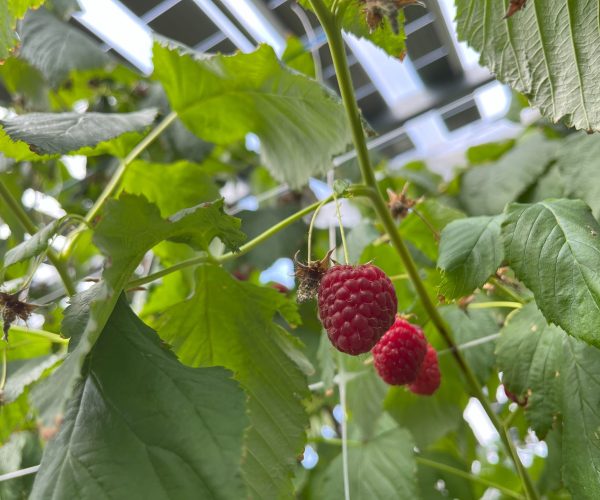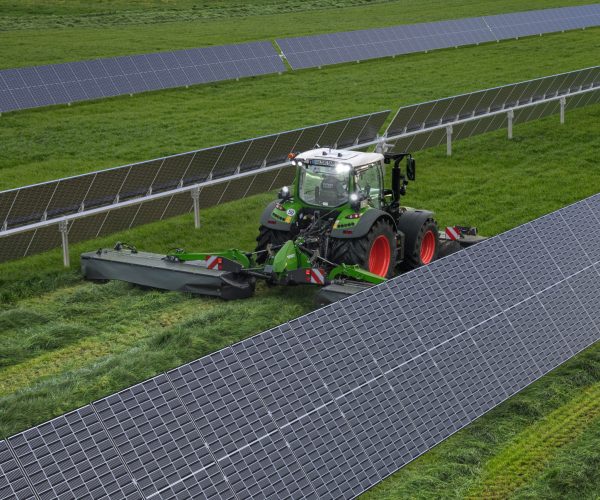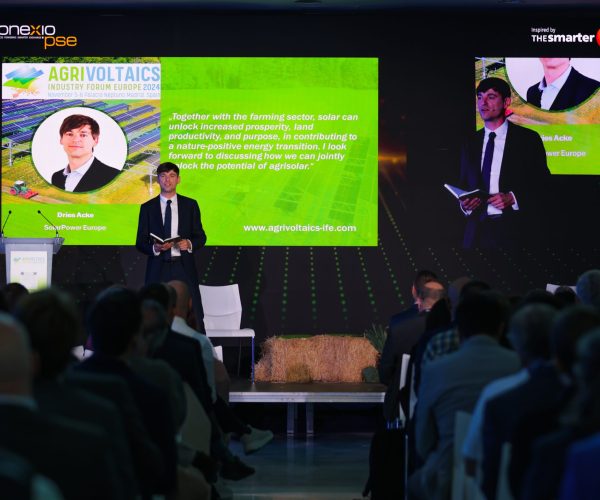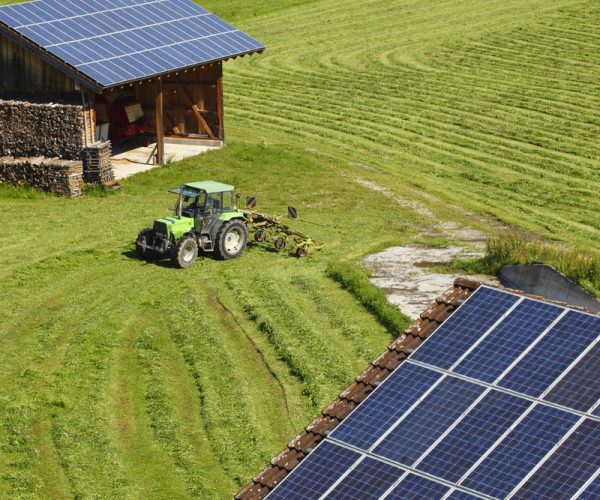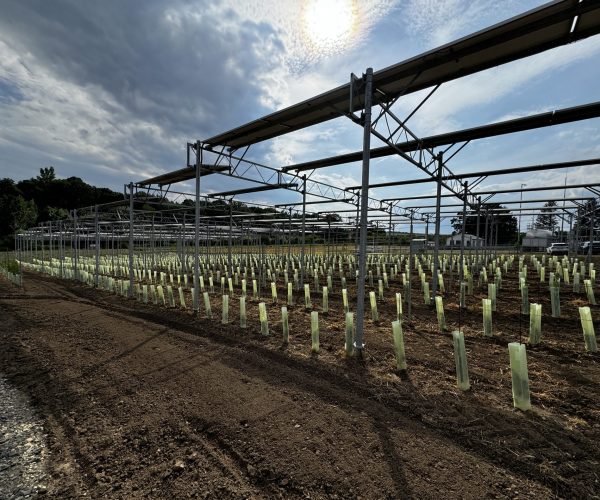EU Farming Strategy recognises the role of solar for first time
On 19 February 2025, the European Commission published ‘A Vision for Agriculture and Food’ with the goal of strengthening trust and promoting dialogue throughout the agri-food value chain, both within the EU and on a global scale. A key detail of this Vision is the significant acknowledgement of solar PV as a game-changing opportunity for European farmers, helping them improve sustainability, boost profitability, and strengthen resilience against energy dependency.
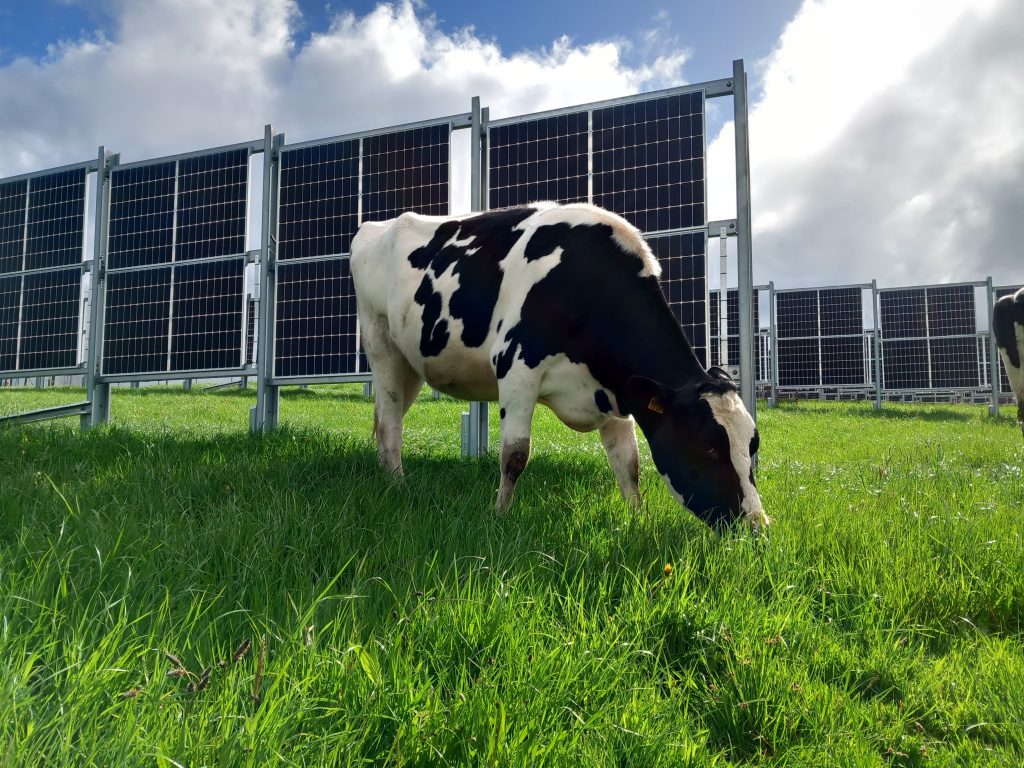
For the first time, the European Commission acknowledges the role of solar energy in agriculture, emphasising its potential to provide energy security, reduce greenhouse gas emissions, and generate additional income for farmers. The dual-use of land practice known as Agrisolar, combines agricultural production with solar power generation , and has already demonstrated significant benefits across Europe, with over 200 successful projects in operation today.
Recognising the essential role of farmers in ensuring food security and economic stability, the Vision outlines strategies to boost the sector’s competitiveness, sustainability, and attractiveness. It calls for fair income, public support, and transparency in the food supply chain while creating favourable conditions for future generations to continue farming.
To solidify agrisolar’s role in the EU’s agricultural future, the Vision outlines a European risk and crisis management framework to strengthen the sector’s resilience. It also includes a climate adaptation plan and a long-term livestock strategy to promote sustainable farming. Furthermore, the Vision advocates for an EU-wide digital strategy for agriculture and a Water Resilience Strategy to optimise resource management.
SolarPower Europe has issued the following statement in reaction.
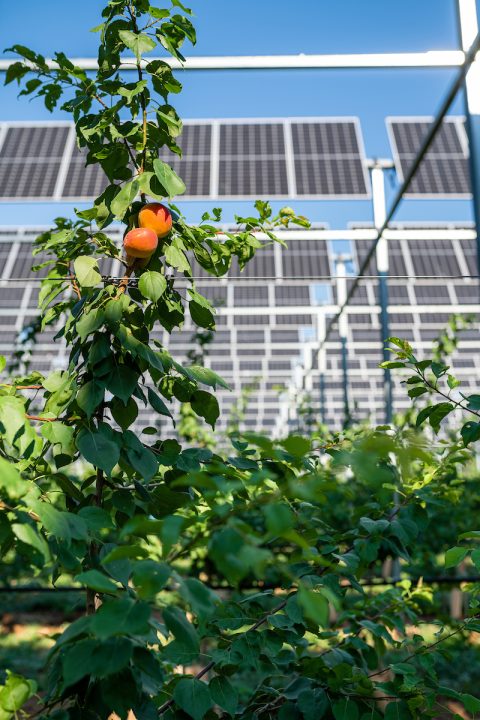
Lina Dubina, Policy Advisor for Sustainability at SolarPower Europe, emphasised the significance of this development:
“This is a landmark moment – the European Commission explicitly recognises solar as a complementary tool for agriculture, providing energy security, decreasing greenhouse gas emissions, and – critically – offering farmers additional revenue streams.
Agrisolar – combining solar and agriculture – is a proven concept across Europe, with over 200 projects operating today. This solar integration boosts climate resilience by providing moveable shade, reducing water use, regenerating soil, as well as shielding crops and livestock from extreme heat. A transition to regenerative agriculture, combined with suitable solar installation, can lead to profit increases of up to €235,000 annually.
The Commission should now turn this Vision into action. We ask for concrete amendments to the EU Common Agriculture Policy as well as dedicated guidance to better inform Member States and spread the benefits of Agrisolar to many more farmers and rural economies across Europe.”
By placing agrisolar at the heart of its agricultural strategy, the EU can build a future that is resilient, climate-smart, and economically viable. This approach will not only strengthen the livelihoods of farmers by providing additional income but also boost rural economies and promote environmental sustainability.
This is just the first step; the Commission’s Vision must translate into tangible policies and funding mechanisms to fully harness agrisolar’s potential. The agricultural sector needs concrete amendments to the EU Common Agricultural Policy (CAP) and dedicated guidance to help Member States implement agrisolar solutions at scale.
Notes
SolarPower Europe’s interactive Agrisolar Map identifies over 200 agrisolar projects in Europe, exceeding 2.8 GW of capacity.
Agrisolar Best Practice Guidelines v2.0 highlights findings of agrisolar supporting its local environment; improved water efficiency by 20-30%, increase soil carbon storage by up to 80%, and increased pollinator presence by up to 60%.
A 2024 joint study from the Boston Consulting Group and BayWa r.e. reveals that regenerative agriculture and Agrisolar can yield additional profits of up to €17,000 for small farms, and €235,000 for large farms.
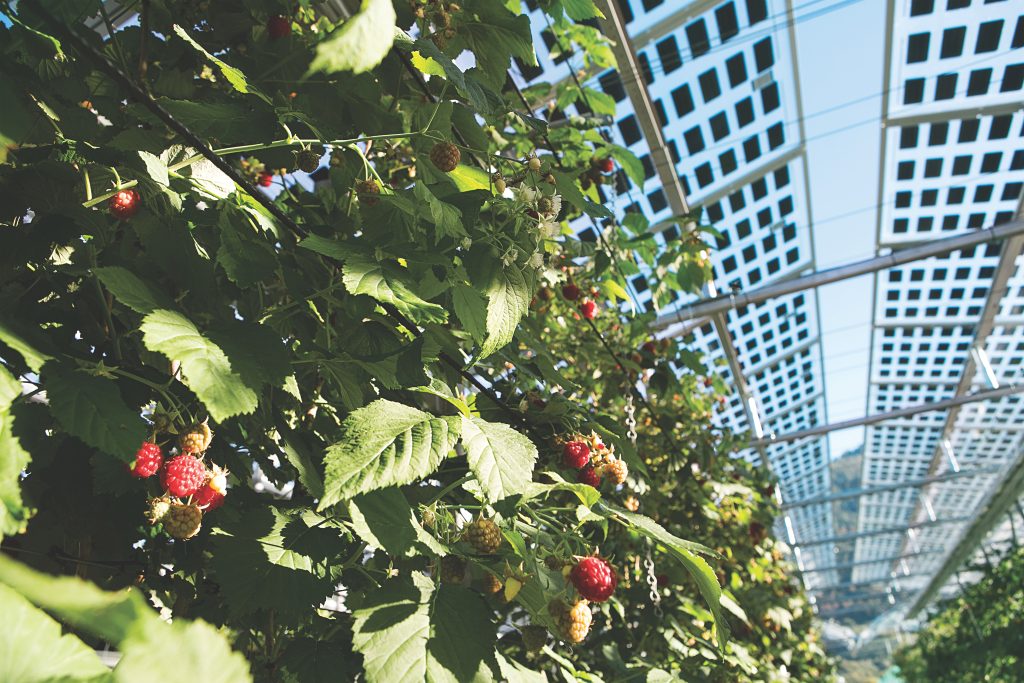
Do you want to find out more
about this topic?
these might be interesting to you as well
